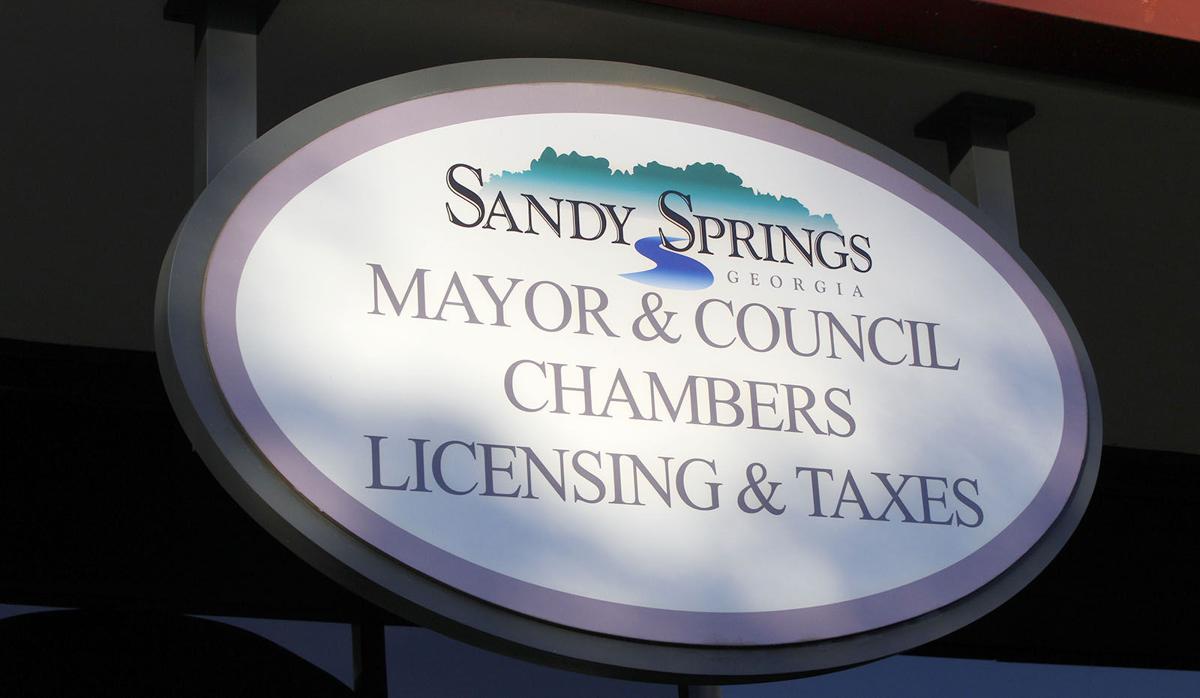Security companies sue Sandy Springs GA over new false alarm ordinance

Sandy Springs GA March 27 2018 Security companies are suing the city of Sandy Springs over a new false-alarm ordinance, claiming it violates their constitutional rights by fining them for customers’ mistakes.
The federal lawsuit was filed March 12 by the Georgia Electronic Life Safety & System Association (GELSSA) and two alarm companies, A-Com and Safecom. As defendants, it names the city, Mayor Rusty Paul, City Manager John McDonough and all councilmembers voting at the time of the ordinance’s July 2017 passage.
“If this unconstitutional ordinance is allowed to stand, our industry will face this same type of issue from other communities who have the mistaken belief that fining alarm companies is an effective way to deal with alarm issues,” said GELSSA President Dan Gordon in a press release.
The city did not immediately respond to a request for comment.
However, officials discussed the results of the ordinance at the March 6 City Council meeting, less than a week before the lawsuit was filed. Police Chief Ken DeSimone said that since the ordinance took effect in October, false alarms were down significantly – from 99 to 49 in February –and companies had been fined a total of $428,000, of which $135,000 had been collected.
At that meeting, some officials expressed concern for a section of the ordinance that places customers on a “do not respond” list of non-compliant alarm companies without their knowledge. McDonough said a policy change on notification was in the works. Paulson asked the broader question of whether the ordinance was having its intended effect of making security companies more responsible in general.
“I think alarm companies are in, I don’t want to say denial…I think in outrage mode,” Paul said in response. “I think we have their attention.”
The city has had the industry’s attention since the contentious City Council meeting last summer that instituted the major legal shift to put alarm companies, rather than alarm-users, on the hook for registration and fines. The ordinance requires the company that installs and services the alarm to register it, and puts that company on the hook for false-alarm fines. Those fines escalate quicker: $25 for a first offense; $250 for the second and third; and $500 for all subsequent offenses. In addition, a location will go on the non-response list if it has four false alarms within any two-year period. Direct calls to 911 from those locations would still receive a police response.
Alarms are considered false when they come from devices that use automatic systems or call centers to contact 911 about a fire or crime emergency that turns out to be nonexistent. False alarms are a perennial and significant problem in the industry, especially because residents or business owners may accidentally trigger their own alarms in a variety of ways. The problem is common enough that a private company created a program – called “CryWolf” – to help cities register and track false alarms, a service that Sandy Springs uses.
The city says it spends hundreds of thousands of dollars a year responding to false fire and burglar alarms in terms of staff time and vehicle maintenance. However, many security companies representatives attended that council meeting last summer to say fining companies isn’t the answer and could drive them out of business. Some company owners at that meeting debated Paul, who threatened to have some removed for applauding or grumbling aloud. Among the company officials in attendance was Gordon, who also runs a Buford alarm company, and said the industry likely would file lawsuits.
Now that lawsuit has arrived. According to a press release, the plaintiffs are receiving advice and financial support from the Texas-based Security Industry Alarm Coalition (SIAC).
“There is no question that this type of unconstitutional ordinance has the potential to be a major disruption to our industry,” said Stan Martin, the coalition’s executive director, in the press release. “The city of Sandy Springs, is completely out of step with modern alarm management practices. They passed an ordinance that we believe is unconstitutional because it makes alarm companies responsible for the actions of a third party they do not control.”
The lawsuit claims the ordinance violates the constitutional right to due process in several ways. The main complaint is being responsible for customers’ mistakes. The lawsuit also complains that the system penalizes companies by ruling alarms “false” when the company cancels them before police are actually dispatched, and for continuing to fine companies for false alarms even after they are put on the “do not respond” list.
Another due-process claim is the appeals system, which involves CryWolf and the police department. SIAC’s press release likens the process to “the type of small-town ‘justice’ portrayed as comedy on the ‘Andy Griffith Show.’
“When someone received a ticket from Sheriff Andy Taylor and asked to speak to the judge, Griffith would pull out another sign from his desk announcing he was also justice of the peace,” the press release continues. “The appeals process for the actual Sandy Springs ordinance is just as troubling as Mayberry’s fictional justice system.”
The lawsuit says the city’s system amounts to an illegal tax and is driven by a desire to generate revenue. It claims all of the defendants “have engaged in official acts oppressively, maliciously, corruptly and without authority of law.”
The suit seeks damages to compensate for the fines already imposed, plus attorney and court fees, and for a ruling prohibiting enforcement of the ordinance.
Reporter Newspapers


